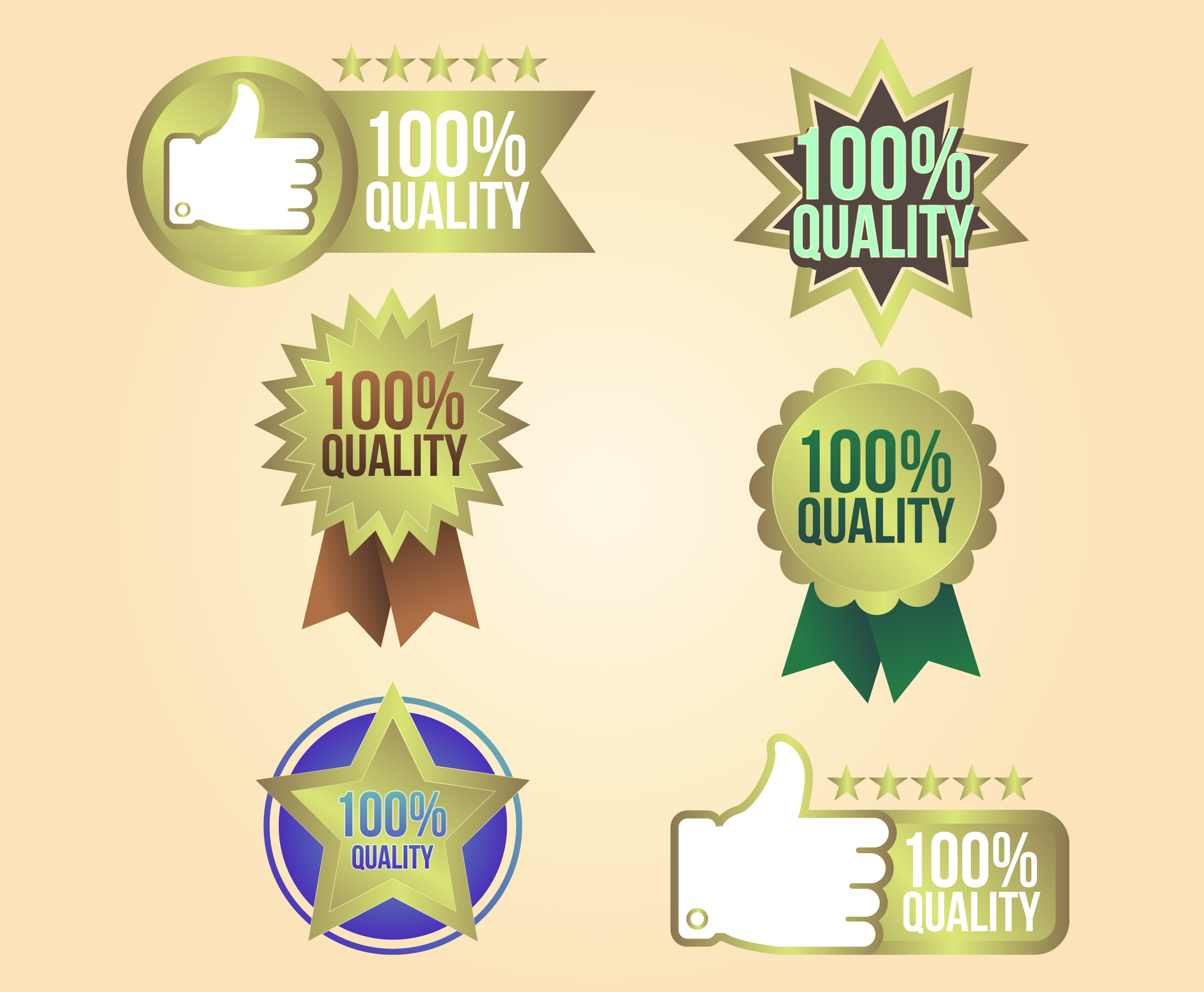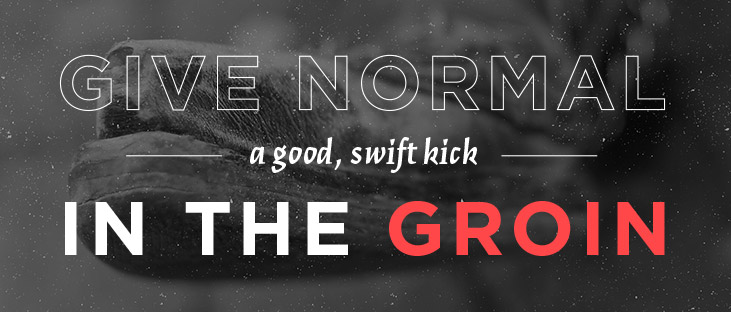The 4-Letter Words of Branding
It seems like every day we have brands coming through our doors using 4-letter words. Probably not the kind of 4-letter words you’re thinking of, but to us, they’re almost as bad as we approach branding.
Some words — “best” and “quality”, for instance — have been overused by brands for so long that they have become literally meaningless. As consumers, we see these words and it’s like they don’t even exist.
We call these the 4-letter branding words because when it comes to defining your brand and crafting brand messaging, you should avoid them at all costs.
If every brand claims to be the “best”, then we simply become blind to the term. None of the brands are the best. This same thing applies to many other words as well. Differentiators that may have once held meaning are now just an empty promise taking up valuable space on your package and advertisements.
Brands and the words they use must, instead, embrace emotional and psychological identifiers — a persona — that make them unique and tangible to consumers. Of course, this means that you can’t appeal to all consumers at once (but, remember that words like “best” haven’t appealed to consumers for some time). So, identifying your core audiences will help you focus your messaging to connect with these consumers.
Positioning yourself as “creative” or “methodical” or “cutting-edge” — in contrast to other brands in your market that take different/opposing positions — will give your brand the kind of human element that consumers seek to use as part of their own identities by association.
You can’t be all things to all people. Instead, focus on connecting to the right people with the right brand messaging.
Here are some examples of 4-letter branding words to avoid:
“Best”
If every brand claims to be “the best”, then, by logic, none of them truly are. Why bother trying to claim this title when no one will believe it anyway?
“Cheap”
One of the best things about having a strong brand that people identify with is that you no longer have to compete on price. Price becomes nearly irrelevant if there are no other “true” substitutes for your brand’s connection. Think: Apple, Harley, Starbucks. None of these brands are the cheapest — but they all dominate their markets.
“Innovation”
Many brands — especially in the technology industry — want to position themselves as innovative. Unfortunately, this word has been diluted as much as the others. It no longer means anything to say that your brand is innovative. Instead, focus on the real pain points of your consumers that you can solve — on a rational and emotional level — with that innovation.
“Quality”
If you don’t have a “quality” product, then you have no place in the market in the first place. Every product is quality (or claims to be). What else can you offer me as a consumer?
“Service”
Another branding word that’s simply expected. Consumers demand good service. If they didn’t think you had good service, they wouldn’t bother doing business with you at all. This isn’t a selling proposition — it’s a “no duh” statement.




